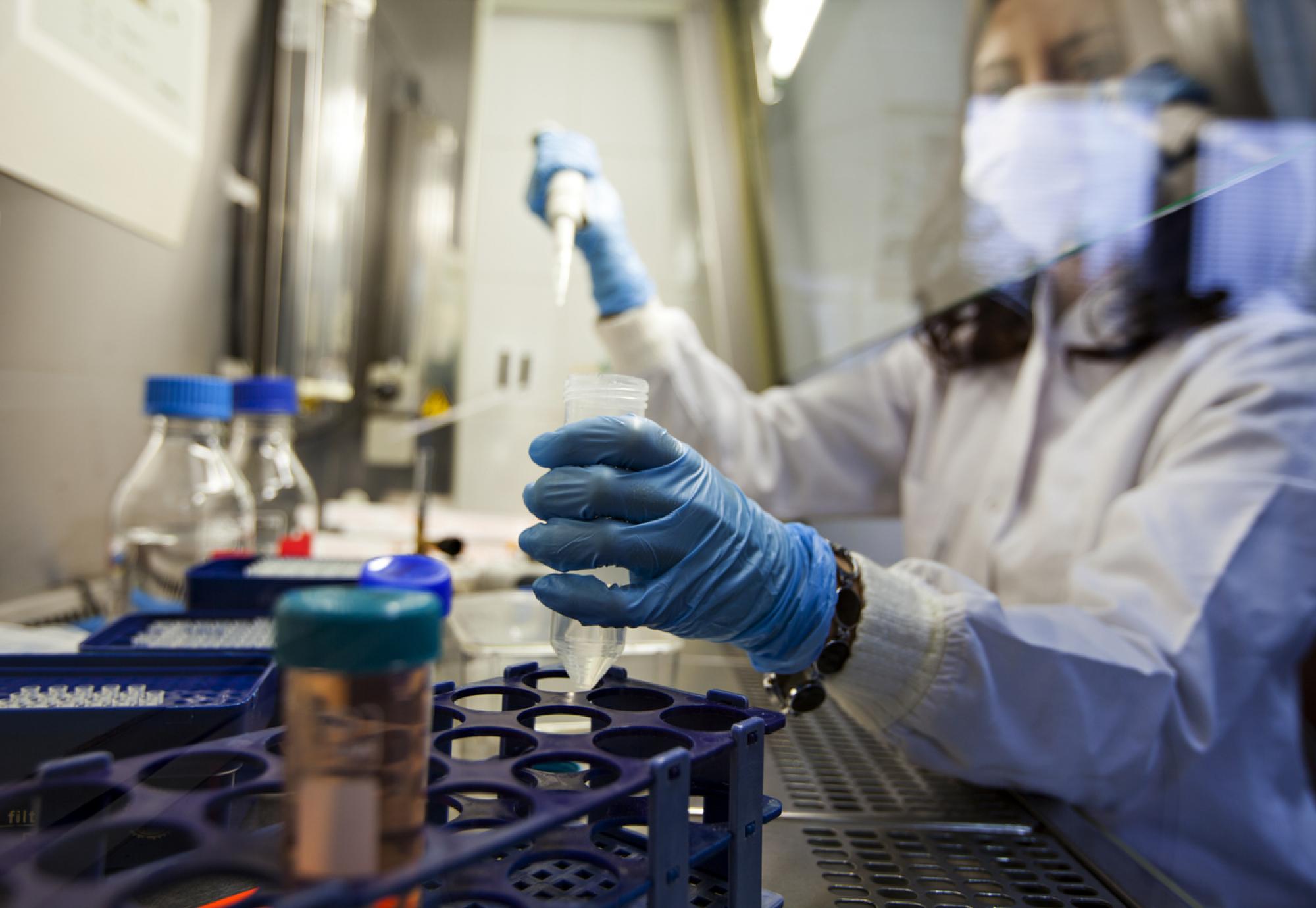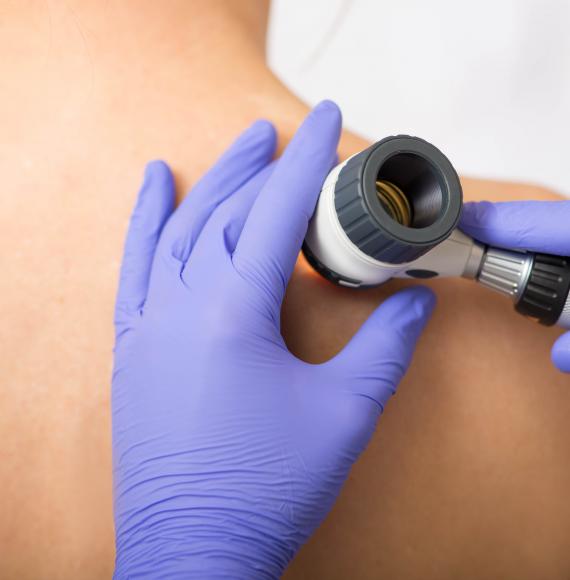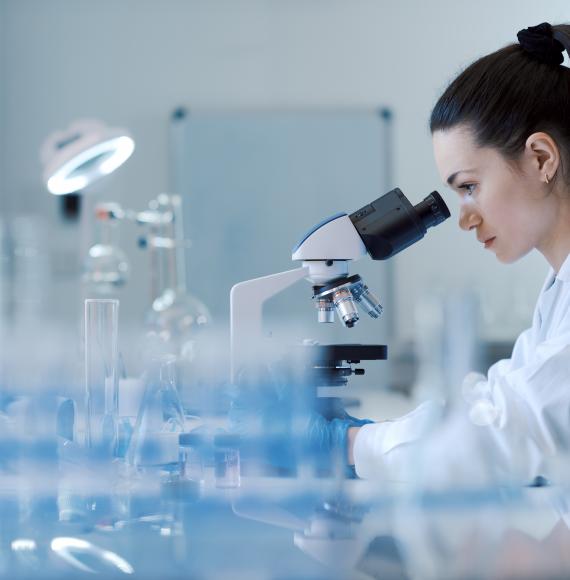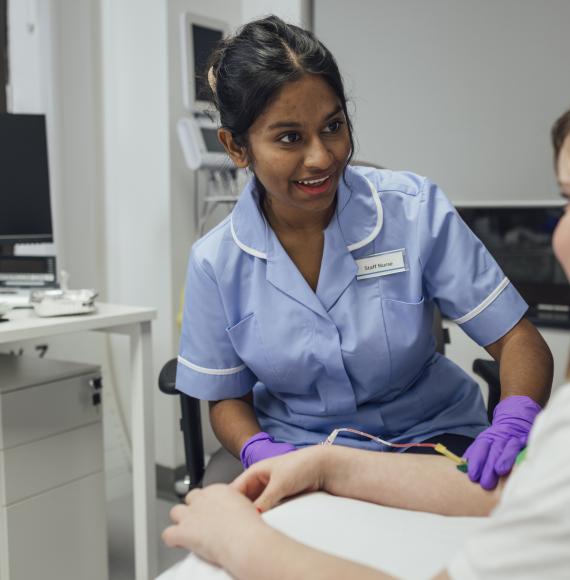Health leaders have highlighted how digital advancements could give patients streamlined access to life-saving stem cell treatments.
Automation and machine learning have been earmarked as the future of stem cell manufacturing after a Medicines and Healthcare products Regulatory Agency (MHRA) trial proved it was possible.
The news comes as MHRA celebrates the 20th anniversary of its UK Stem Cell Bank (UKSCB), which will be commemorated by a special event at the government’s South Mimms Laboratories.
The ground-breaking CellQualia Intelligent Processing System was tested at South Mimms Laboratories and was, at the time, the only innovation of its kind in the world – aside from in Japan where it was developed.
The success of the trial has led to other systems being considered for further studies that compare automation with manual harvesting.
“This isn’t the stuff of science fiction.”
Chief science and innovation officer at MHRA, Dr Marc Bailey, said: “The UKSCB’s future is diverse and exciting and, much like the cells we curate, there are endless possibilities for us to support research and clinical advances in the UK and around the world.”
The value of human embryonic stem cells derives from them having the potential to help the body repair following illness – they can be used to treat everything from blindness to blood cancer and heart disease.
Supply is limited however, as the manual manufacturing process is “labour intensive and expensive” according to Dr Lee Carpenter, head of UKSCB.
“As we celebrate 20 years of the UKSCB, we look to automation to alleviate the manual aspects of laboratory working with stem cells and to scale up manufacturing, without compromising on our safety and quality standards.”
Dr Carpenter continued: “This ultimately means patients could get faster access to more cost-effective, safer stem cell therapies to treat or prevent their condition or disease.”
For more insight into the world of life sciences, sign up to National Health Executive's virtual event.
Image credit: iStock



















